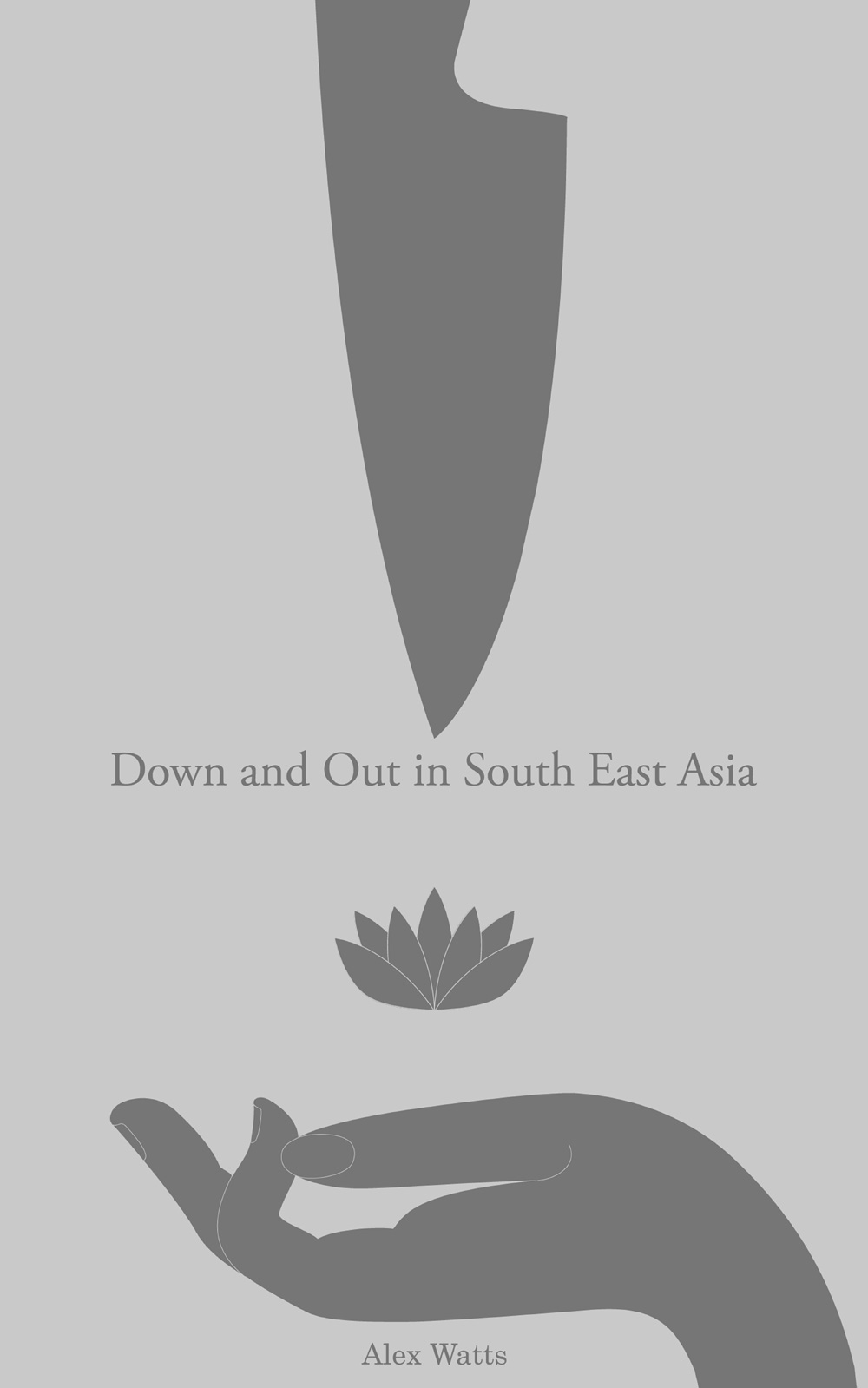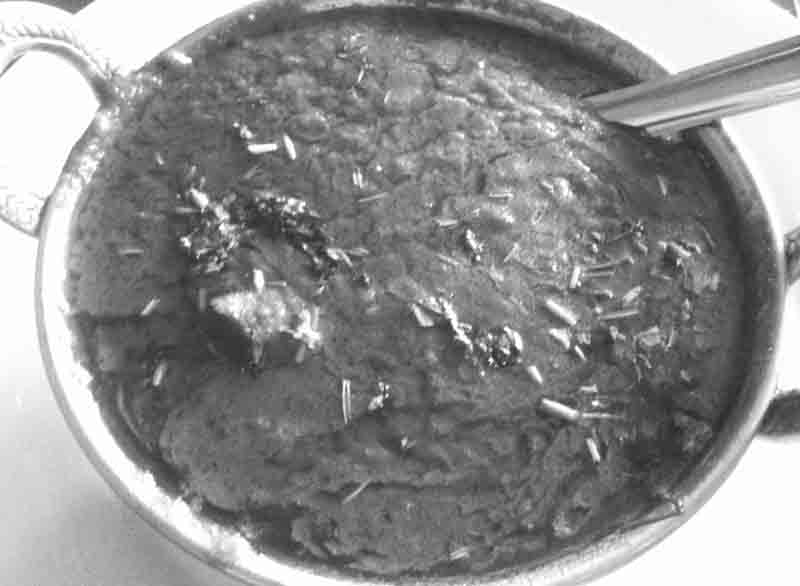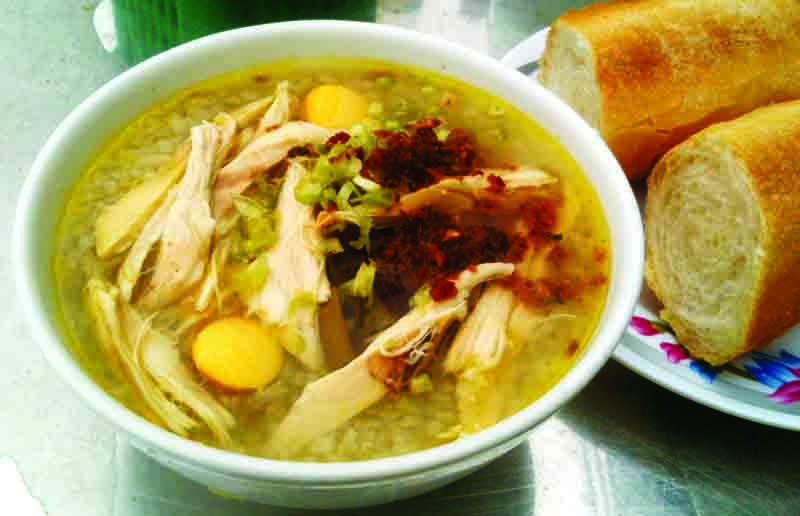In the sequel to bestselling food book Down And Out In Padstow And London, failed chef and hack Lennie Nash sets off to eat his way through Southeast Asia, with a half-baked plan to buy a restaurant. Along the way, he encounters a host of weird characters, from frazzled bar owners to Walter Mitty CIA agents to seedy sexpats to ice zombies four years over on their visa. The book is an adventure story – spiked with a heavy dose of backpacker noir – through the eateries, street food stalls and hazy bars of Cambodia, Thailand and Vietnam. In this exclusive extract from Down And Out In Southeast Asia, by Alex Watts, Nash arrives in Phnom Penh full of warnings about how dodgy the place is, the armies of gold-toothed paedophiles swarming the streets, the acid attacks happening on every corner, and how you could pay a police officer $150 to get someone assassinated…
I’D NOT heard great things about Cambodia, and was wondering what to expect as we flew over the bright green, patchwork paddy fields into Phnom Penh – a city of heart-breaking poverty and extreme wealth fast rising from the ashes of one of the world’s worst genocides.
John’s wife Pla had warned me how dangerous the place is and how Cambodians will steal the pennies from a dead man’s eyes. But you can be unlucky in any city and I’d met a lot of people in Thailand I wouldn’t trust with a bag of chips.
In Bangkok, a drunk Canadian had told me how he’d recently crossed the Koh Kong border from Cambodia and was full of stories about how dodgy the country was and how he was drugged and robbed one night. He talked about the armies of gold-toothed, Hawaiian shirt-wearing paedophiles swarming the streets, the acid attacks happening on every corner and how you could pay a police officer $150 to get someone assassinated.
“Man, it was a pretty fucking lawless place, I can tell you,” he added. “I stayed at one hotel, man, and the security guard asked his eight-year-old son to pull up his T-shirt. He was covered in little tiny circles, man. They’d burned him with incense sticks to toughen him up. That fucking sucks!”
He told me the food was even worse. But for some reason, Cambodian cooking had always intrigued me. I can’t say I’d ever picked up the Yellow Pages and thought ‘I could murder a Cambodian,’ but I’d always been interested in cuisines that hadn’t been done to death.
For years, trend-spotting listicle scribblers had been saying Cambodian food would be the next big thing – and not just travel writers with room to fill. In its food trend predictions for 2008, three years before I got there, the Conde Nast-owned website Epicurious boldly predicted that ‘Cambodian is the new Thai’ and described its noodle dishes, curries and stir-fries as a triangulation between Vietnamese, Chinese and Thai cooking.
I remembered when Rick Stein had filmed his Far Eastern Odyssey TV series a French food expert had told him the country was a meeting point of all the culinary roads of Asia – a place where you could get the best of Indian and Chinese food with a piece of fresh bread on the table.
Gordon Ramsay had just made a similar programme called Gordon’s Great Escape, but his trip through Cambodia was made up of shock-factor scenes of him spitting out duck foetuses and fried tarantulas, and harpooning frogs.
In nearly every emotional, hoarse-voiced clip, Ramsay had remarked how the country was recovering from the “crap” of a civil war that had killed nearly two million people and rediscovering traditional dishes that “were nearly lost for good” under the Khmer Rouge – something he probably thought was a local wine until he read the cartoon script his producers had written for him.
But whatever lay in store in Cambodia, I’d been told it was probably the easiest place to open a restaurant in Southeast Asia. John had told me it was impossible for farangs to run a business in their own name in Thailand: a Thai national had to own at least 50% and that required a “huge amount of trust and stupidity”.
Many expats put the lease in their Thai wife or girlfriend’s name and end up with nothing when the relationship sours, or the family arrives and they’re forced out of the business. Some end up flying off a balcony, dying from a heart attack 40 floors below. Apparently, two expats a week die flying off condo balconies in Thailand.
“The only way you get can round it,” John said, “is to marry a Thai woman, put half the business in her name, then have a baby. Then you leave Thailand for a few years and return when the child is five. You put the business in the child’s name, but you have power of attorney until the child is 18, meaning they need your signature as joint business owner to flog the business. That way you’ve got a window of 13 years and they can’t do anything about it.”
He’d told me some horrendous stories. There was the retired Japanese guy who’d fallen in love with a 20-year-old bar girl and opened a restaurant with her. He’d given her father and brother a moped each and bought the family a farm in Isaan, in north-east Thailand.
They got married three months later. He spent thousands on the three-day wedding. The whole village was there, scoffing spit-roast pigs and chickens, and at the end a Thai man appeared and said: “You can go now.”
“What?” said the pensioner.
“You can go now. I’m her husband…”
Then there was the Swedish businessmans who’d ended up with two broken legs and a broken back when he went to renew his lease on a bar in Pattaya he’d been running for two years. The landlady, from a rich family who owned several hotels in the city, had told him to bring $10,000 in cash, but then refused to sign the contract unless he handed over another $4,000.
He withdrew the cash from an ATM and she took the money, counted it and refused to sign. He began filming on his phone. One of her bodyguards threw him over a 10ft ledge and then jumped down onto his back. The police investigated, but no-one was arrested – even though he had video of the landlady ordering her bodyguards to beat him. She was far too well connected for that.
I’d read that as a foreigner without major contacts you couldn’t buy land in Cambodia, but at least the lease would be in your own name. All you needed was a business visa, which you could get on arrival. Then it was just a case of buying a restaurant, putting your thumbprints on a few documents, buying a business licence for $60 a year and paying $10 a month in tax and $5 for the police who came sniffing round every month. And as for all the health and safety red tape and work laws strangling restaurants in the UK, forget it…
Down And Out In South East Asia, by Alex Watts, is available as a Kindle book on Amazon now. The paperback version will be out in August.


